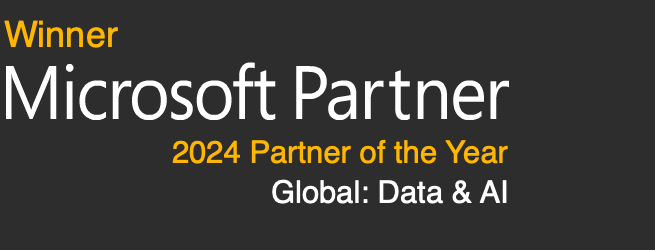Rebuild on a future-ready, secure cloud platform
You have your cloud marching orders. You have met with the board and agreed to achieve certain milestones. Now what do you prioritize to demonstrate business value and build confidence in your cloud transformation journey?
If you view cloud migration as more than a checkbox, lifting and shifting workloads to the cloud as-is may not serve your needs. Massive value is often left on the table and expensive cloud waste occurs if you prioritize speed of deployment over modernization.
Real change begins with a bold first step: shift your mindset, tear down the old and rebuild a future-ready, secure cloud platform. That’s where PwC differentiates. Reduce cloud waste by making your apps work natively in the cloud. Use purpose-built automation throughout to help finally break down barriers to productivity and innovation.
Bake security into the core of everything you do from the start. By modernizing platforms to become as cloud native as possible, companies can benefit from the constant enhancements and innovation introduced by Microsoft Azure.
Where do I begin?
Define your future-ready, secure and modern cloud platform now and make automated governance a top priority from the start. This enables the agility needed to innovate with enterprise applications without fear of creating security gaps.


















